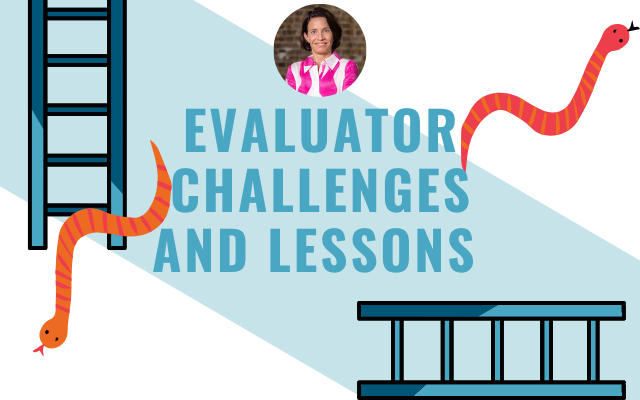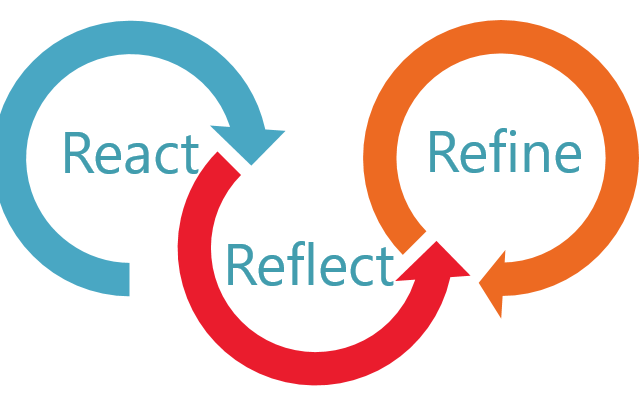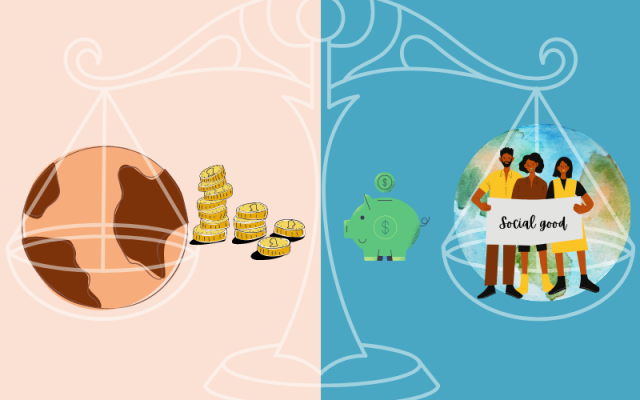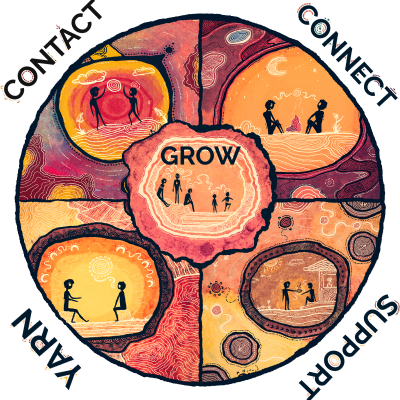
Evaluator Challenges and Lessons – with Emily
How do you explain evaluation?
I say that I help governments make good decisions about where they’re placing their effort. And then I give an example, using something I know the person is interested in or will understand because of the work they do. The problem with this strategy is that people variously think I’m a nurse, an architect, a lawyer or a police officer…
What was your most challenging project and why?
Any project where I have lived experience of some aspect of the content area—supporting people with physical or mental ill health, children and families, or gender issues—can be difficult. I know it makes my work better because I understand the issues, but it can be emotionally tricky and harder to be objective.
What lessons did you learn?
It’s important to focus on answering the client’s questions first and foremost, putting aside my own thoughts and feelings. I trust my team, who help me see where I see I might be stuck in a pattern of response because of my experiences. And the importance of self-care – showing yourself kindness to walk yourself through those tough moments.
What do you know now that you wish you knew when you started in evaluation?
Evaluation is a discipline I fell into. I wish I’d known it existed earlier! That said, I wouldn’t have understood the difference between research and evaluation if I’d taken a linear path to it.




